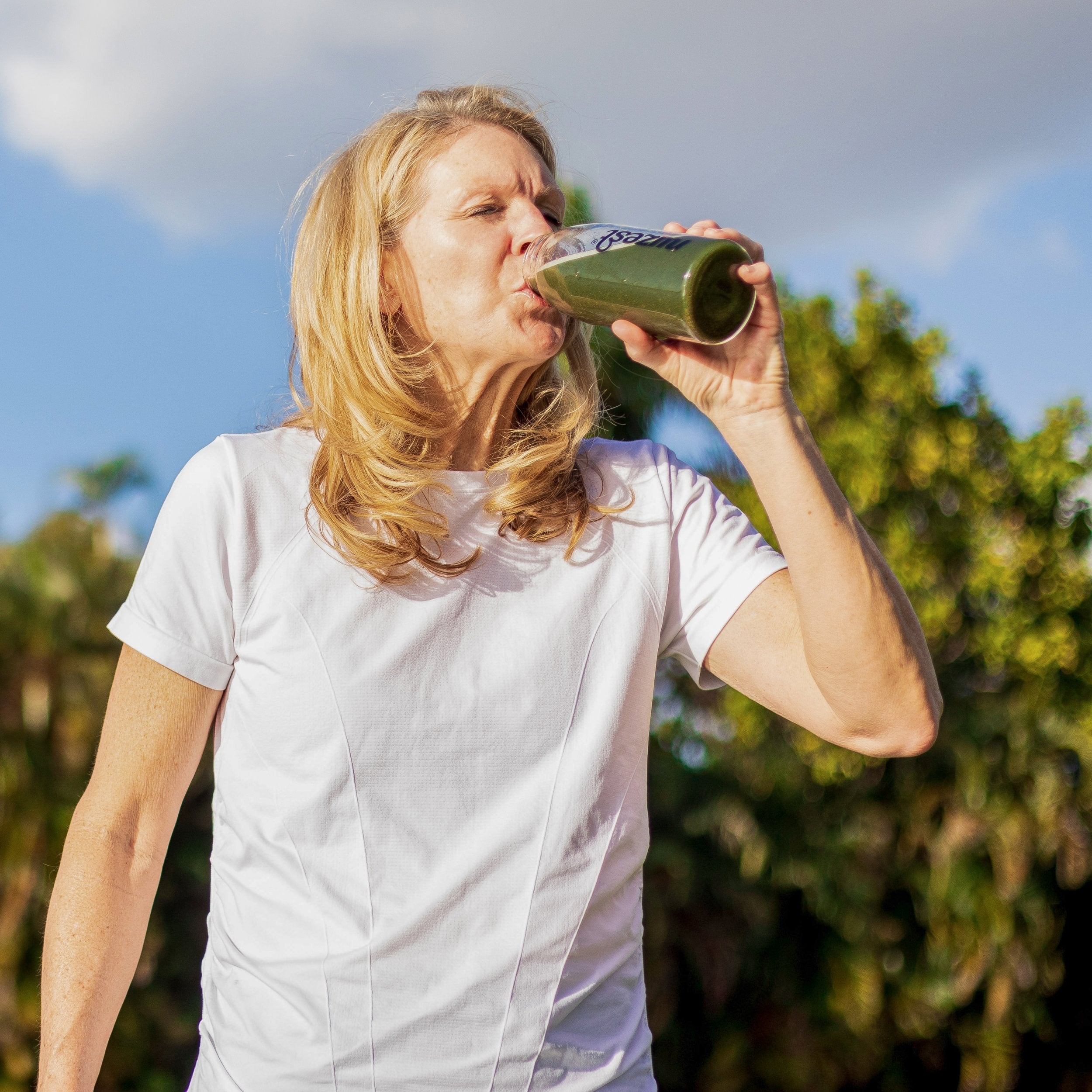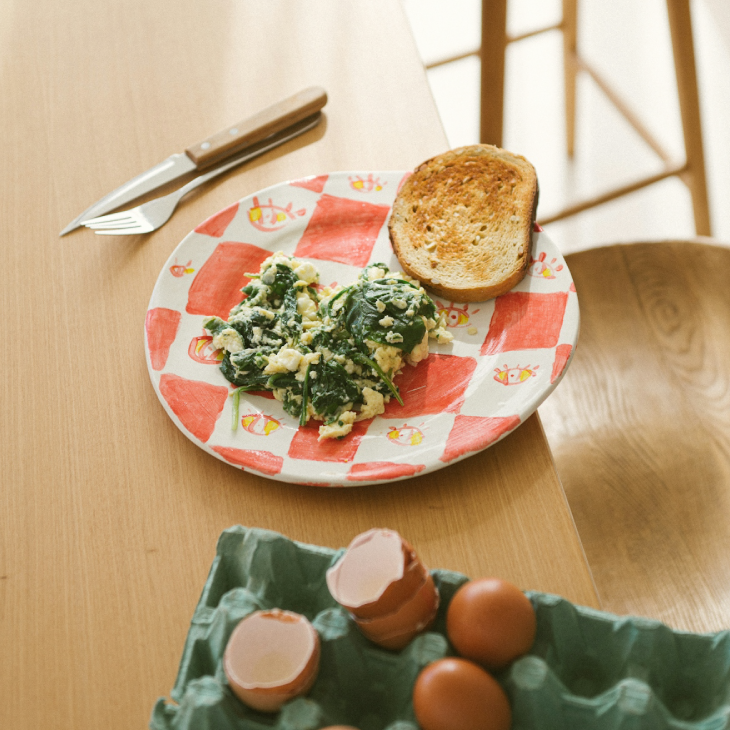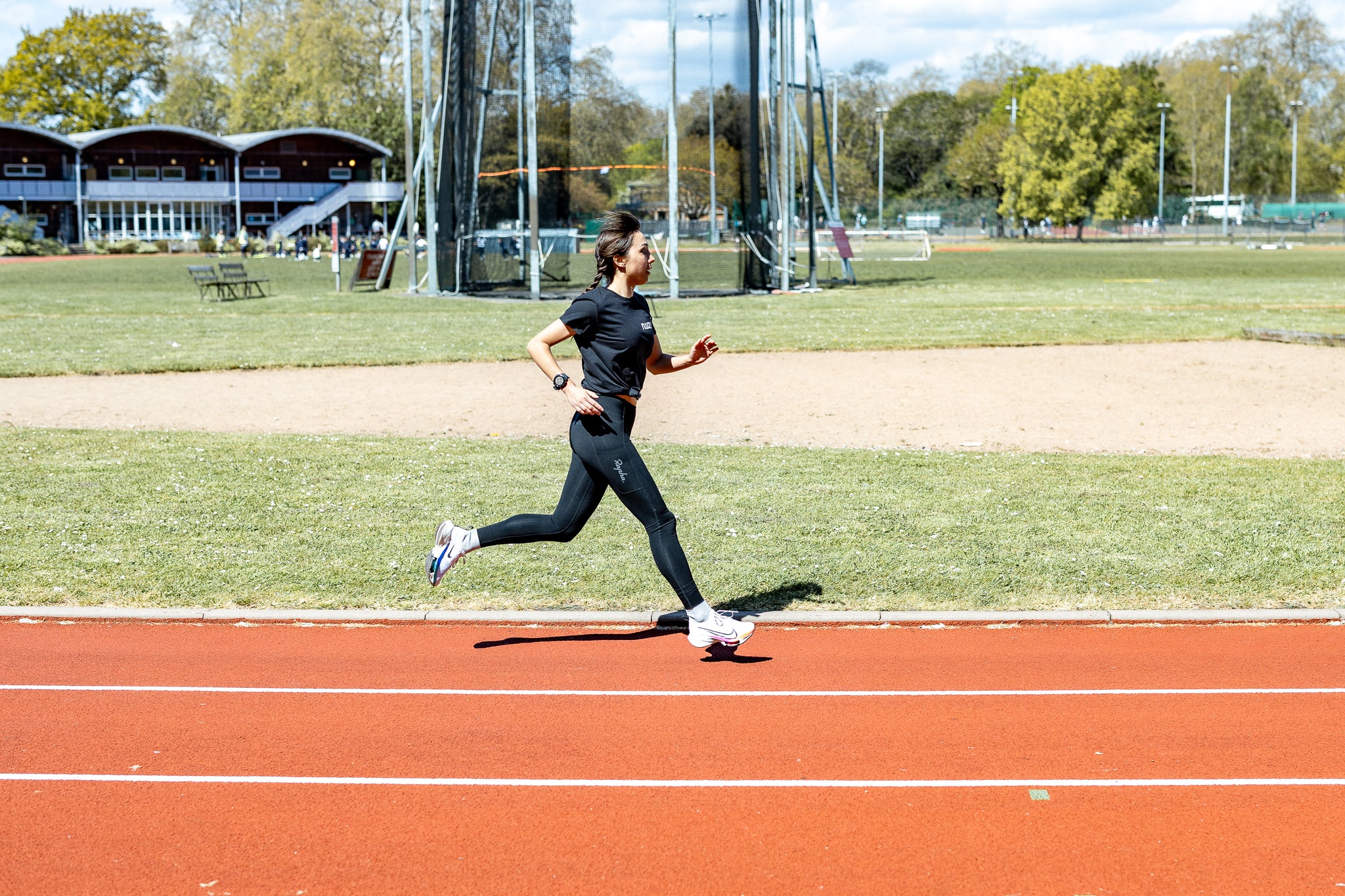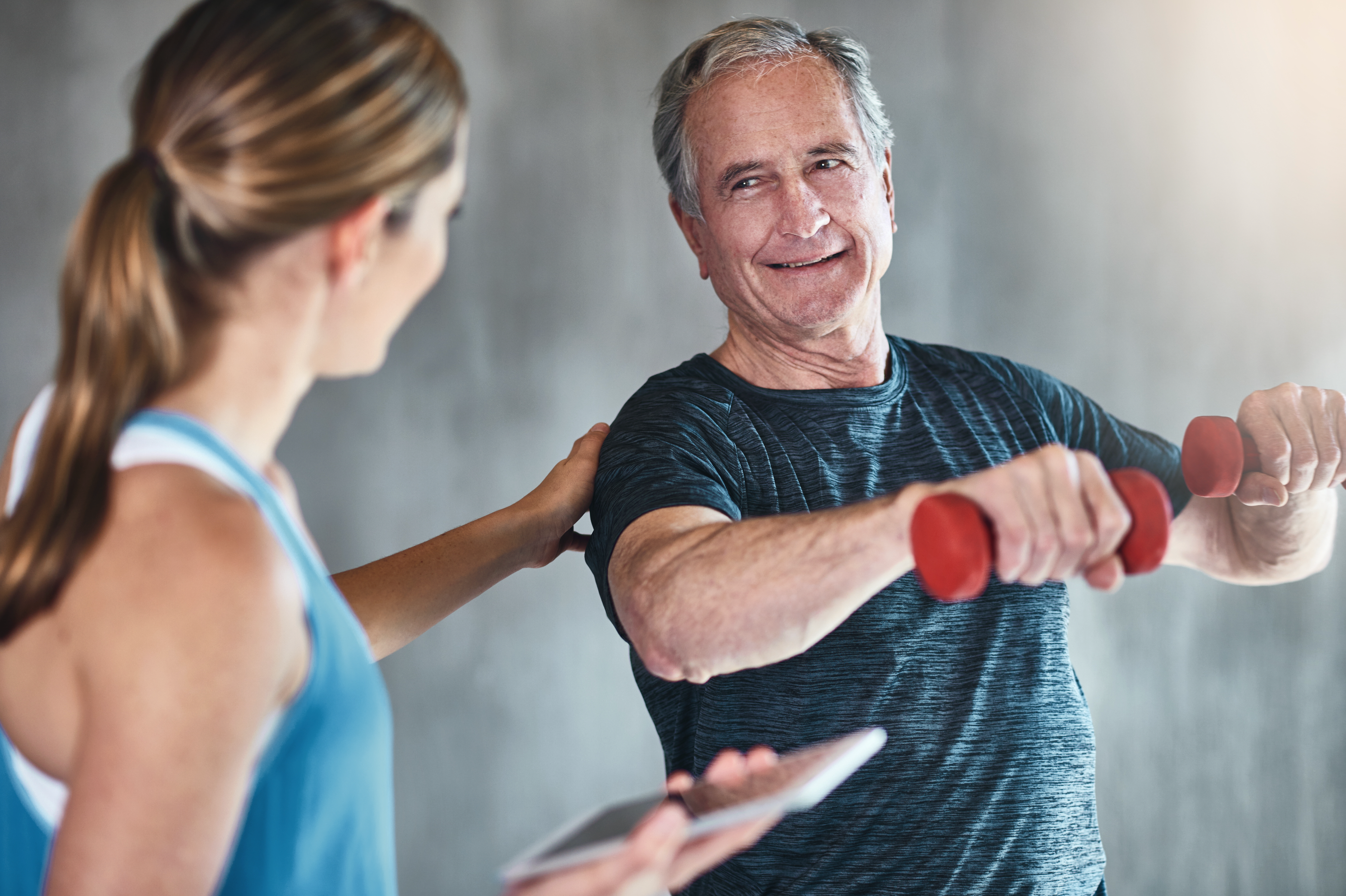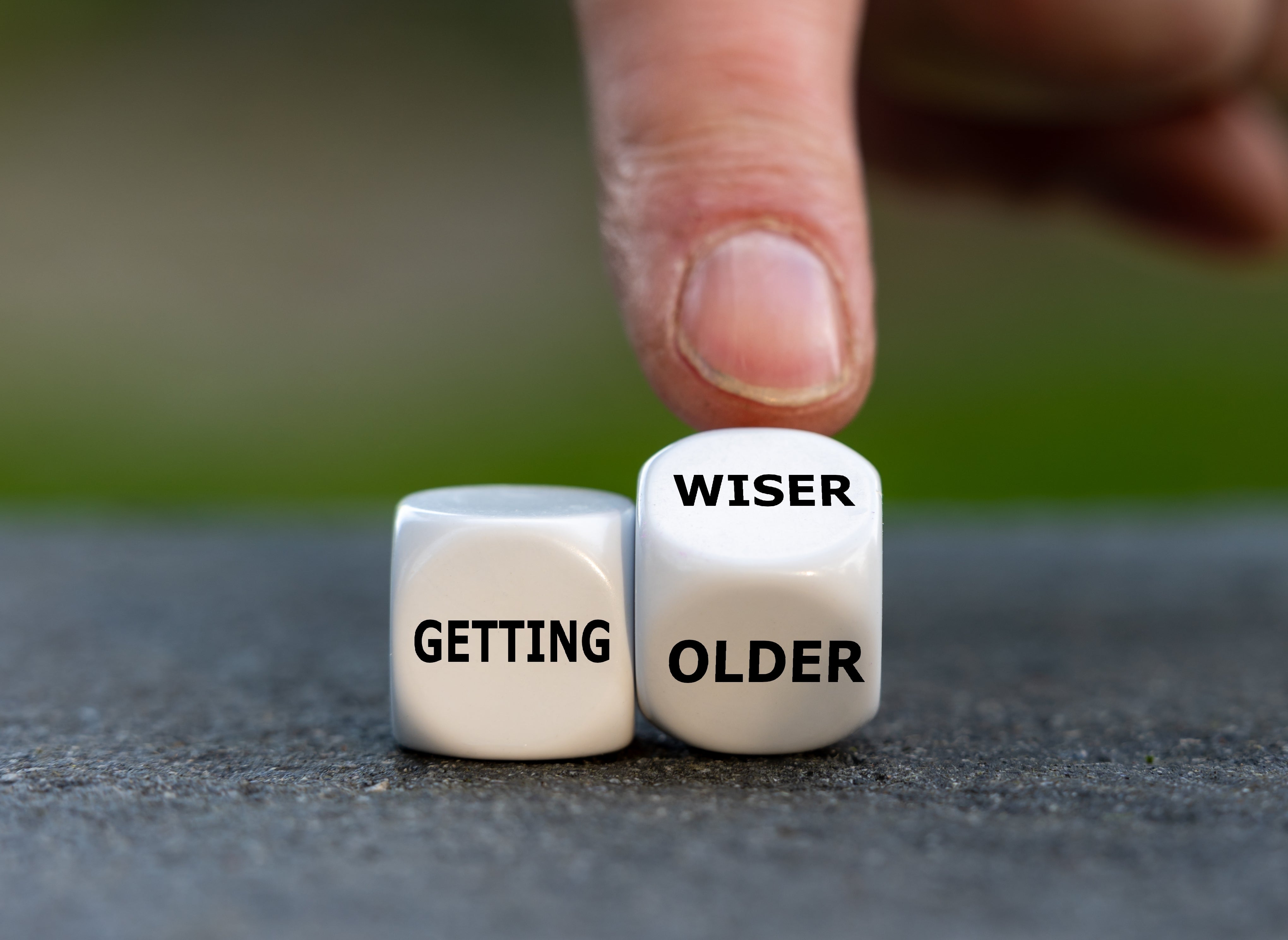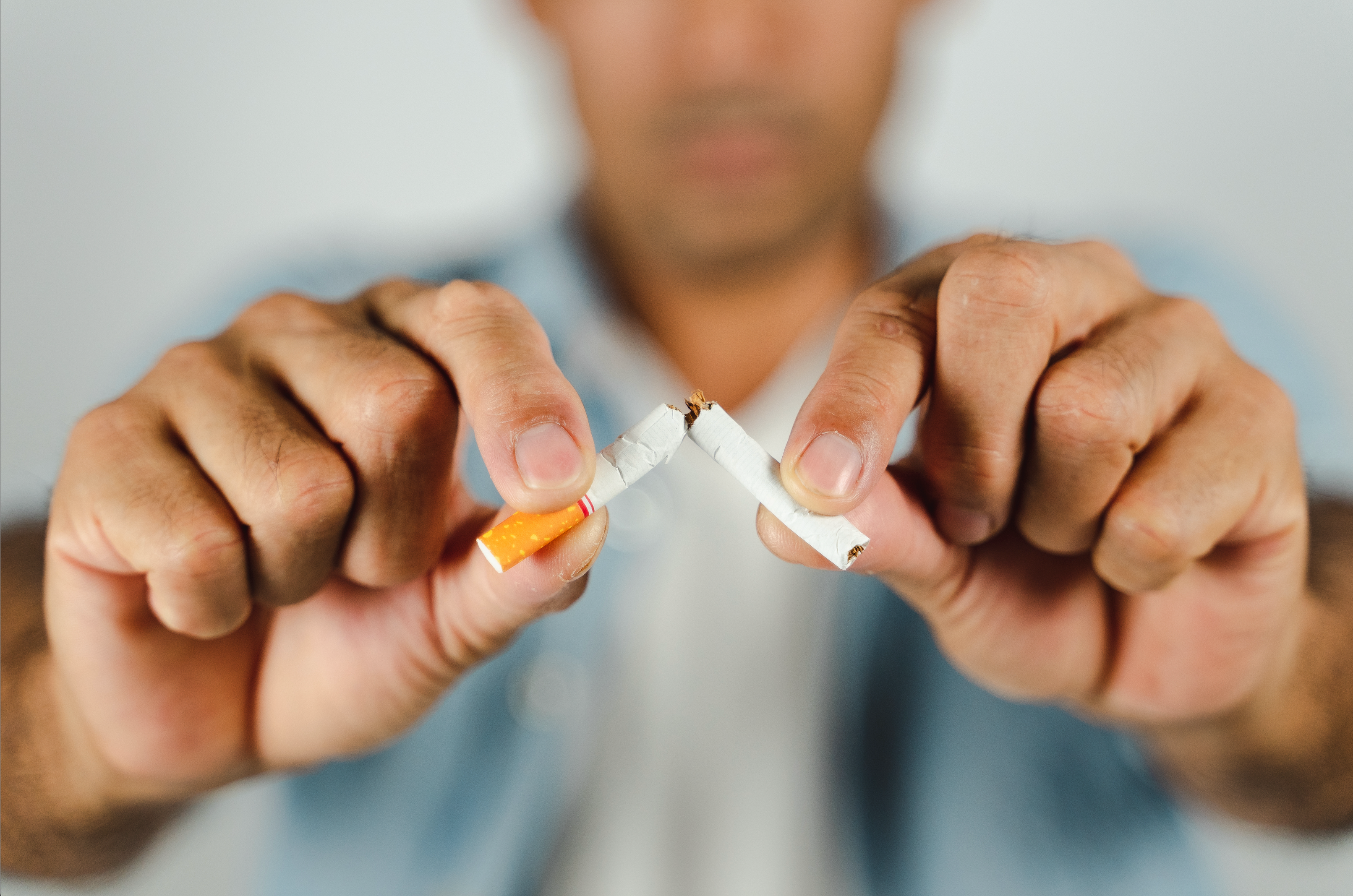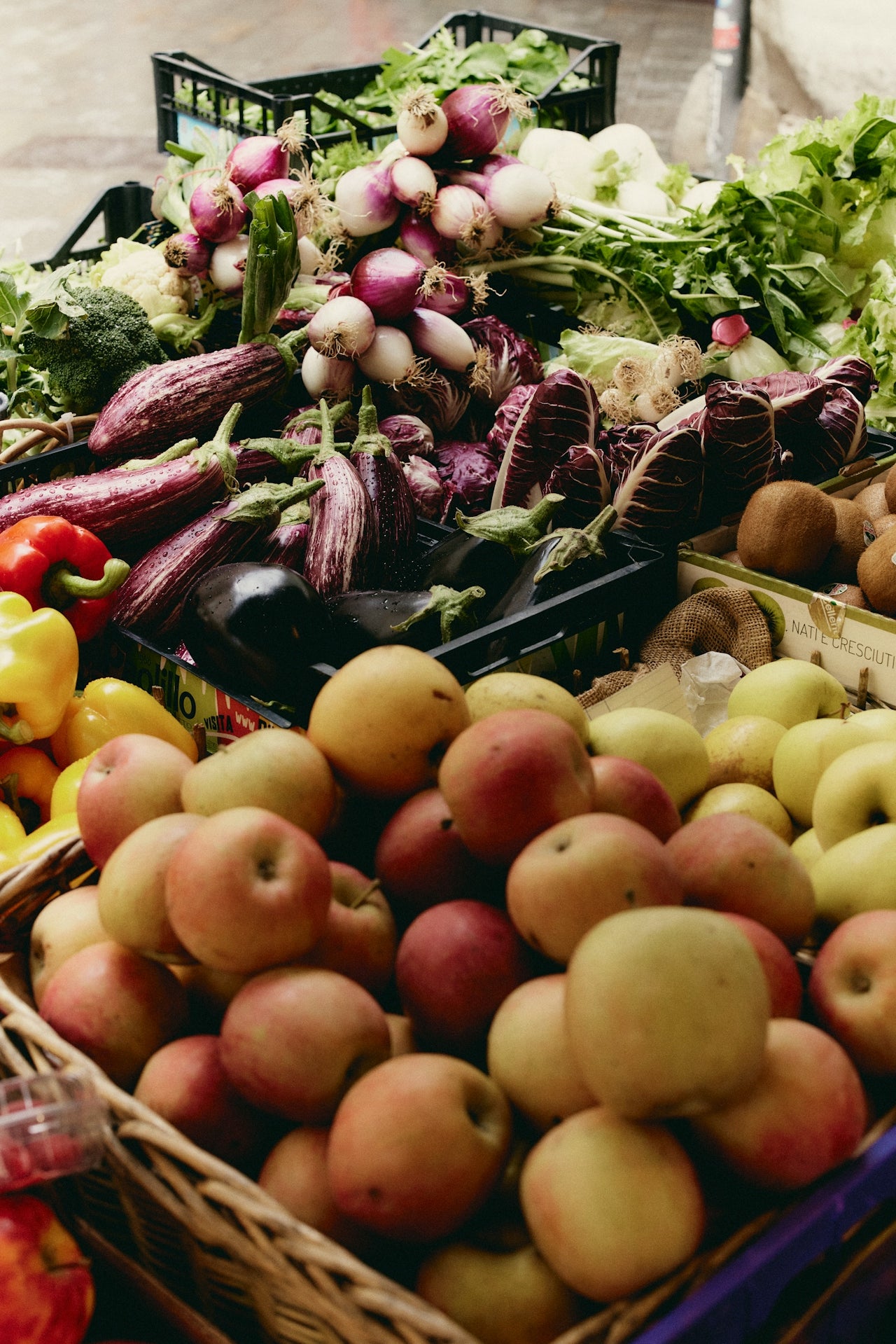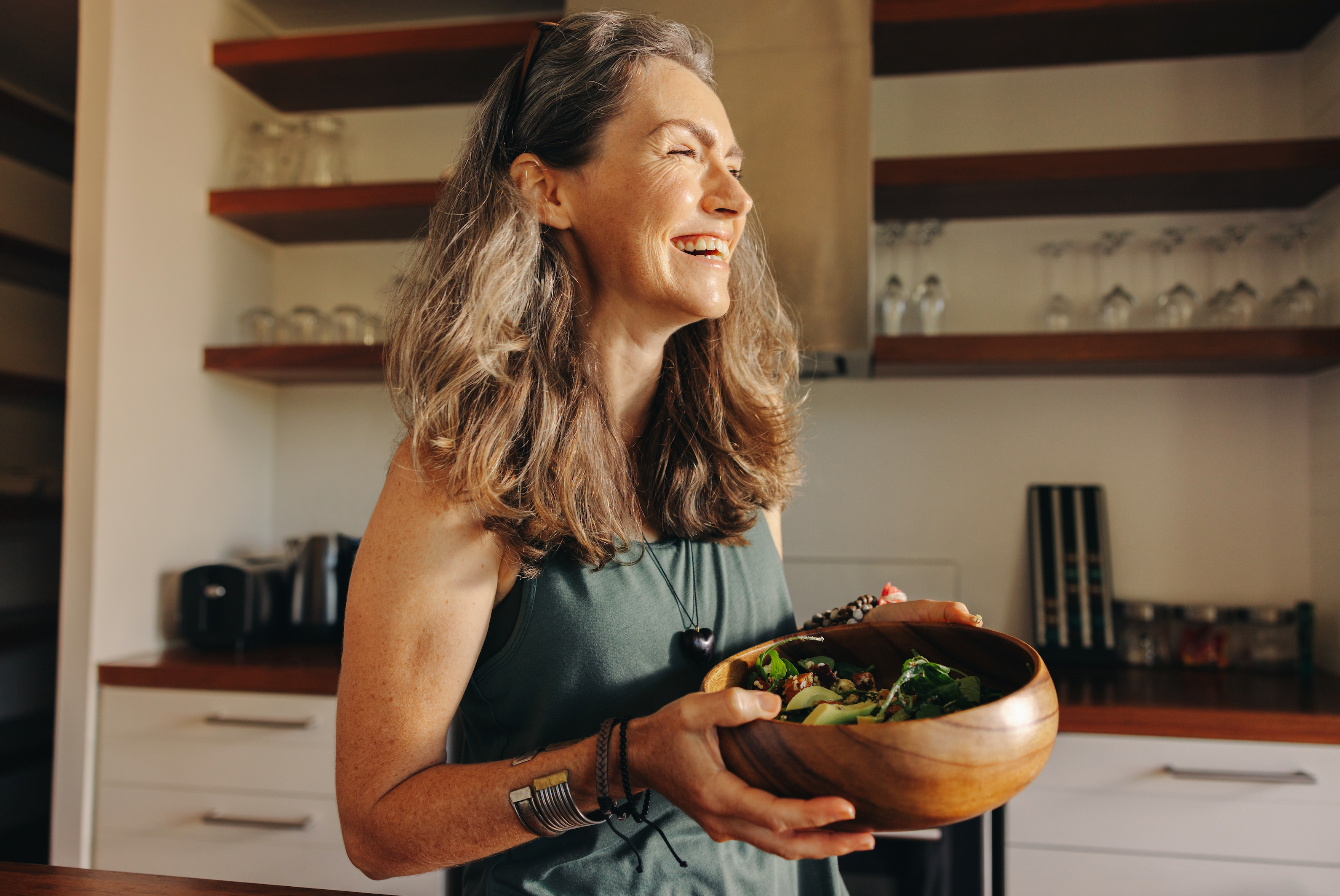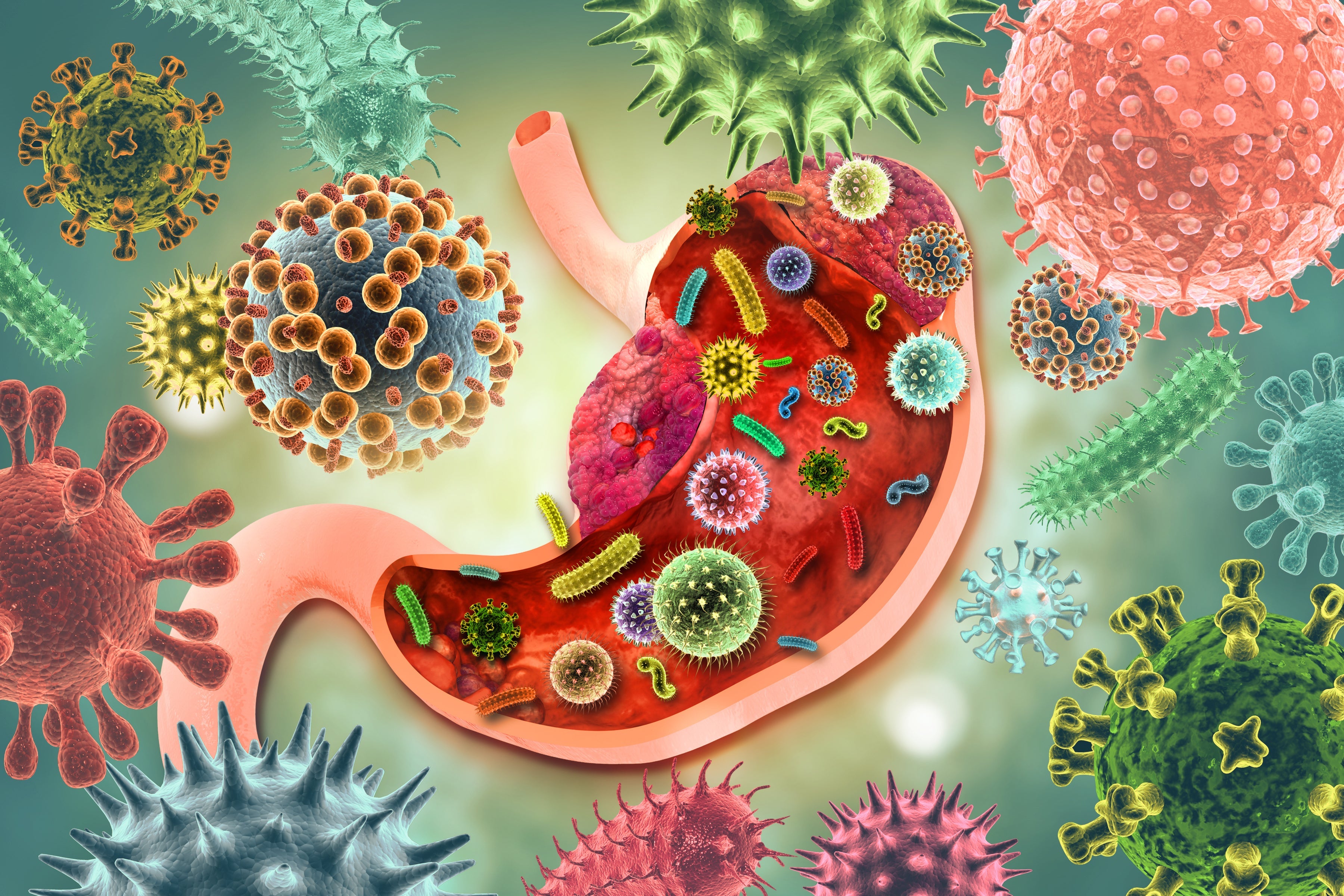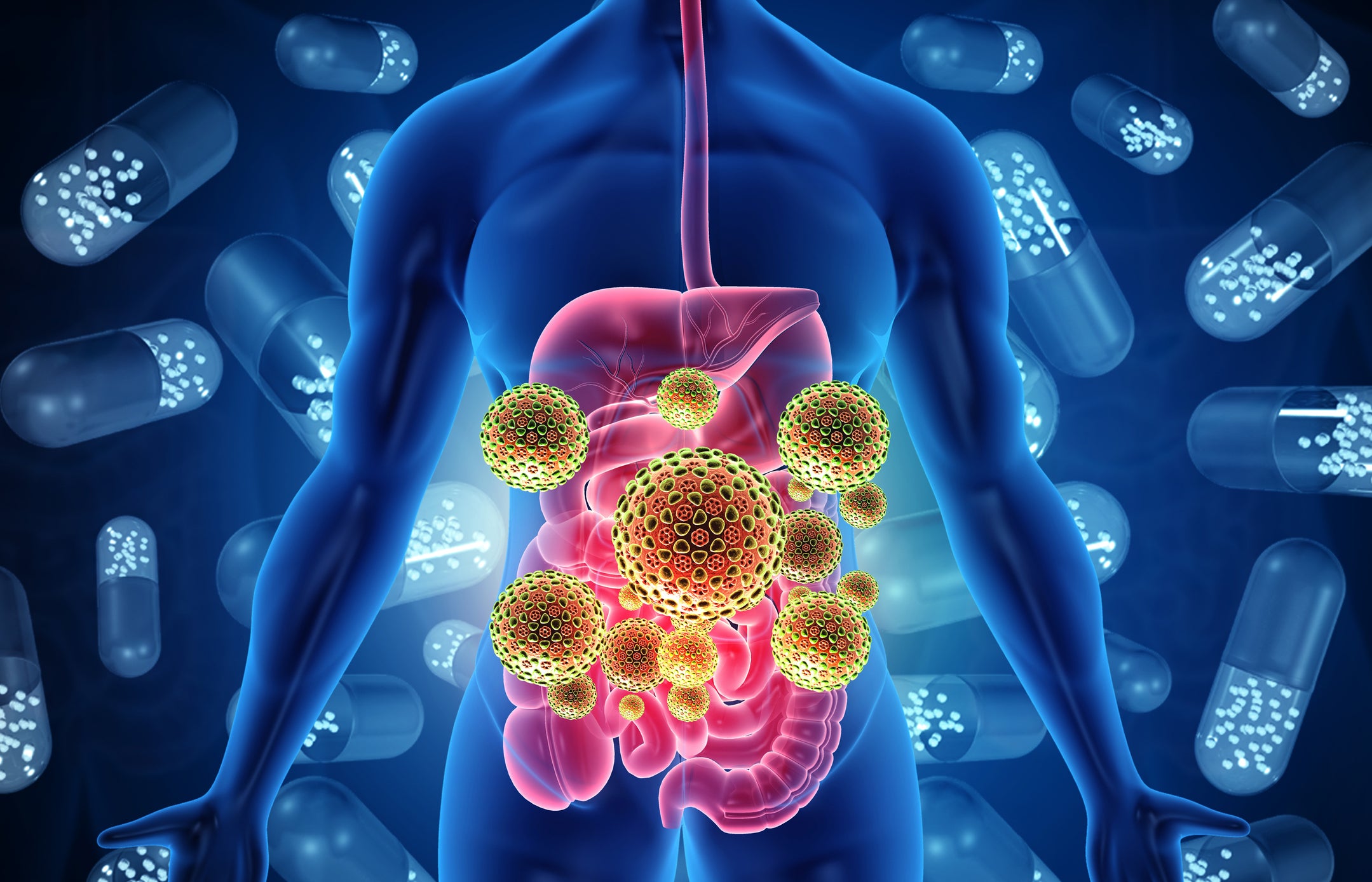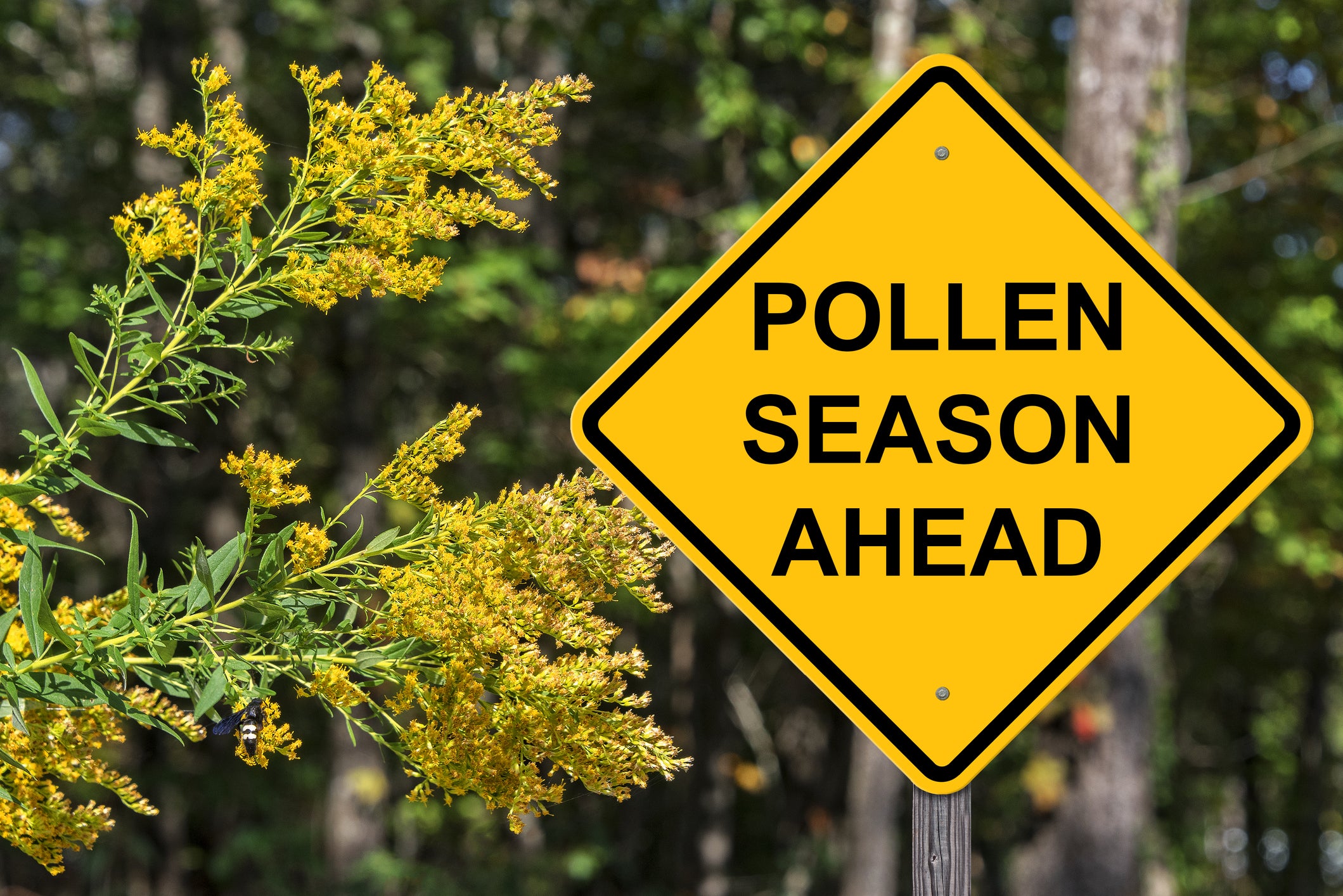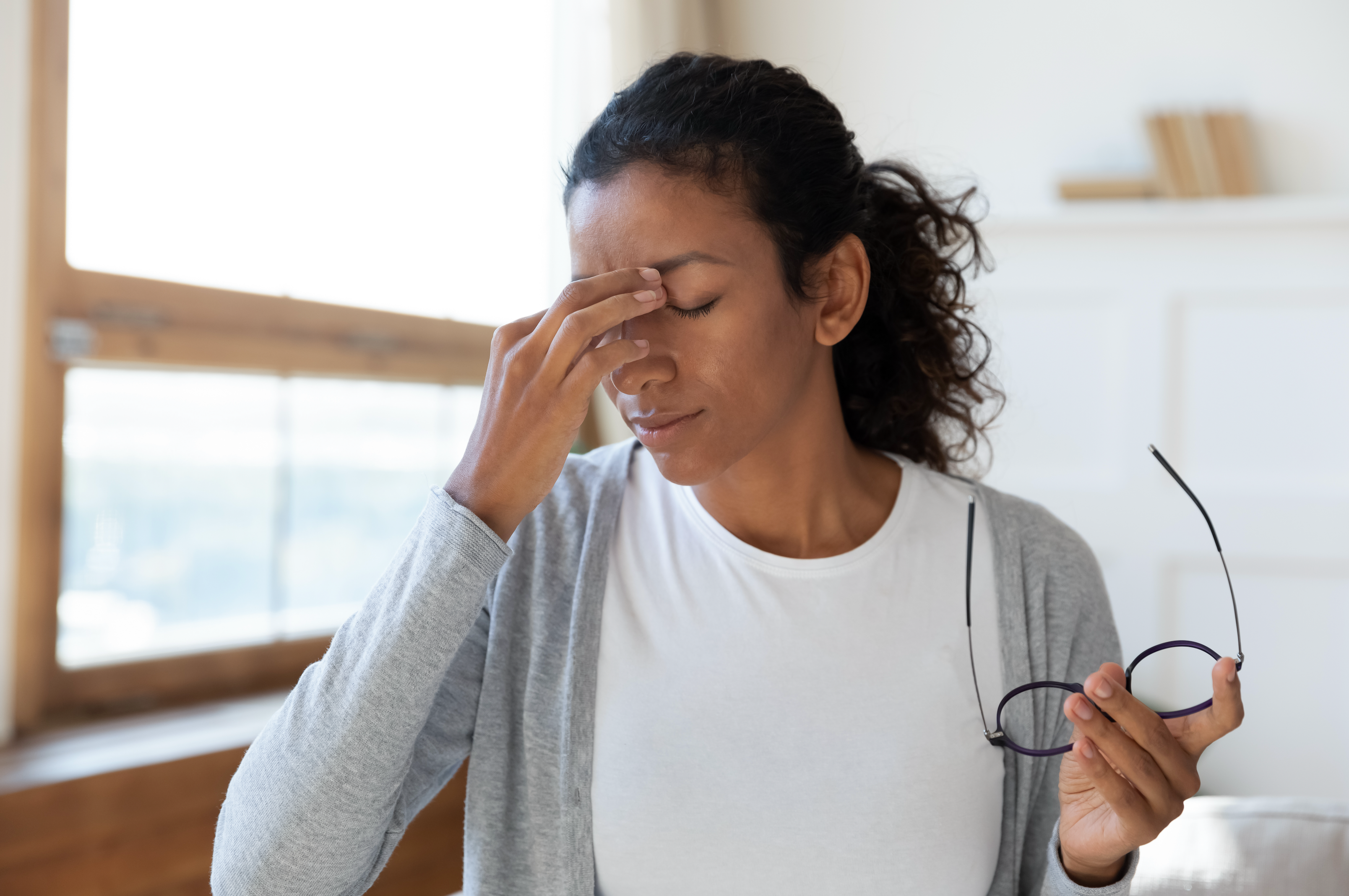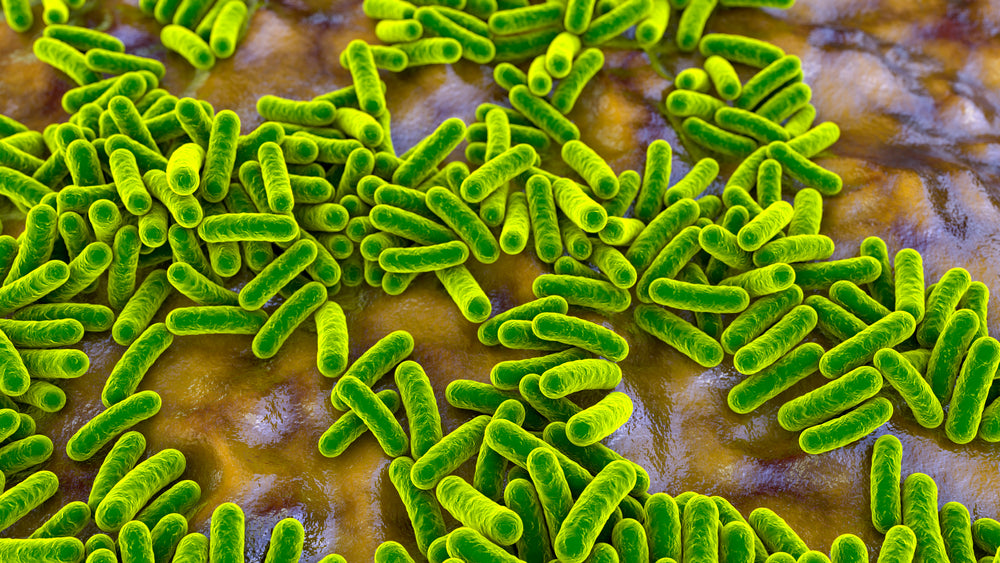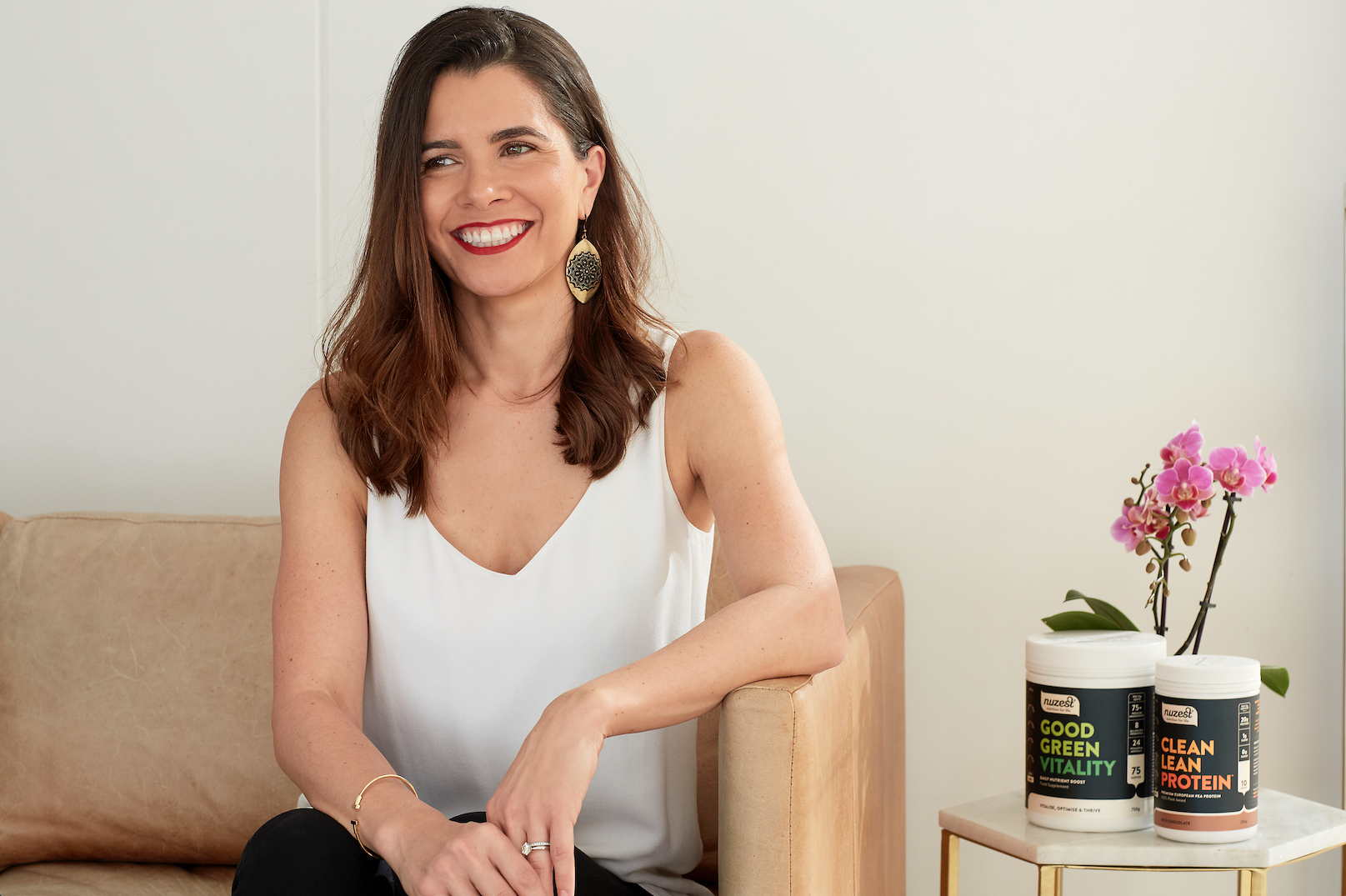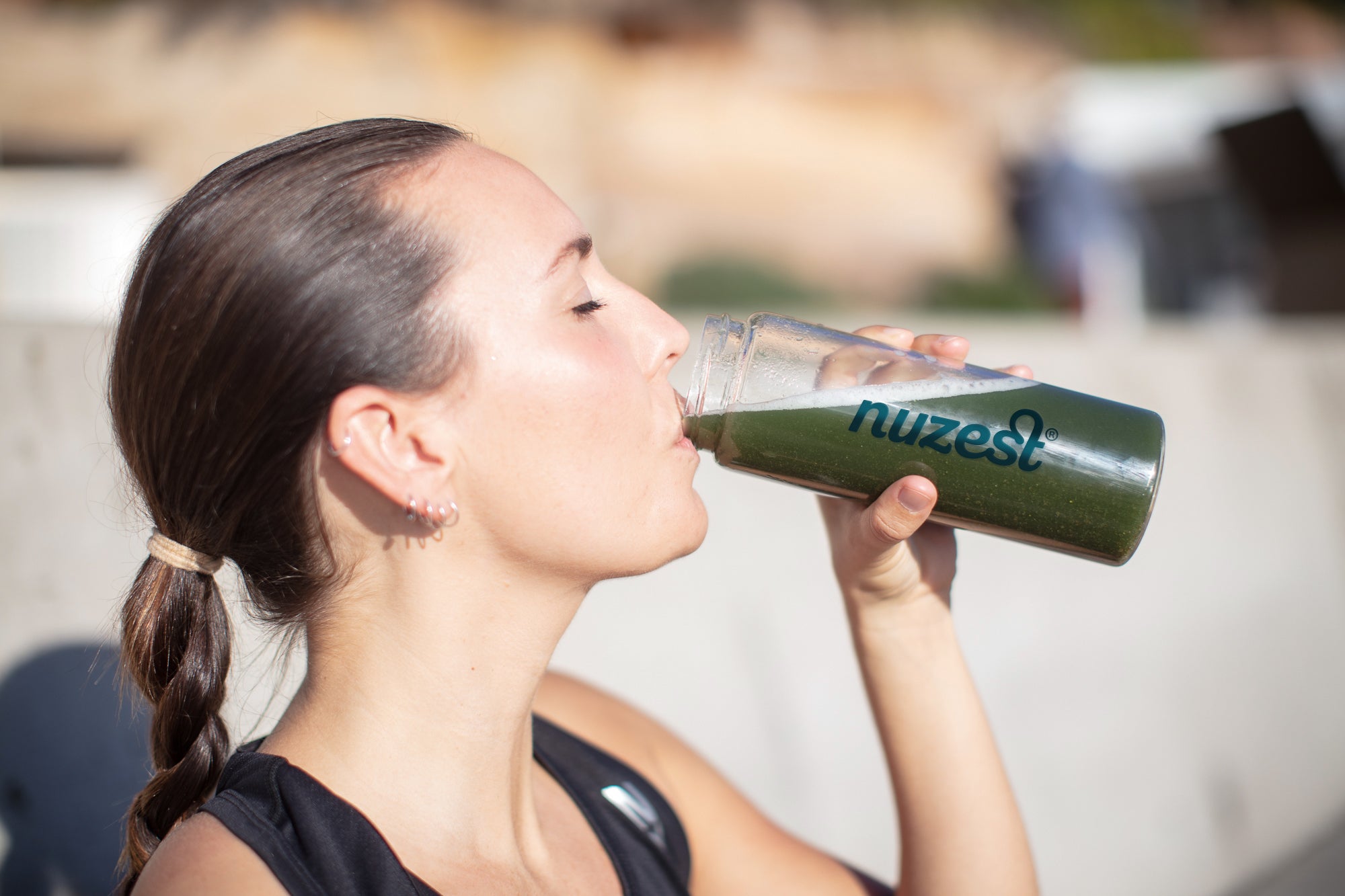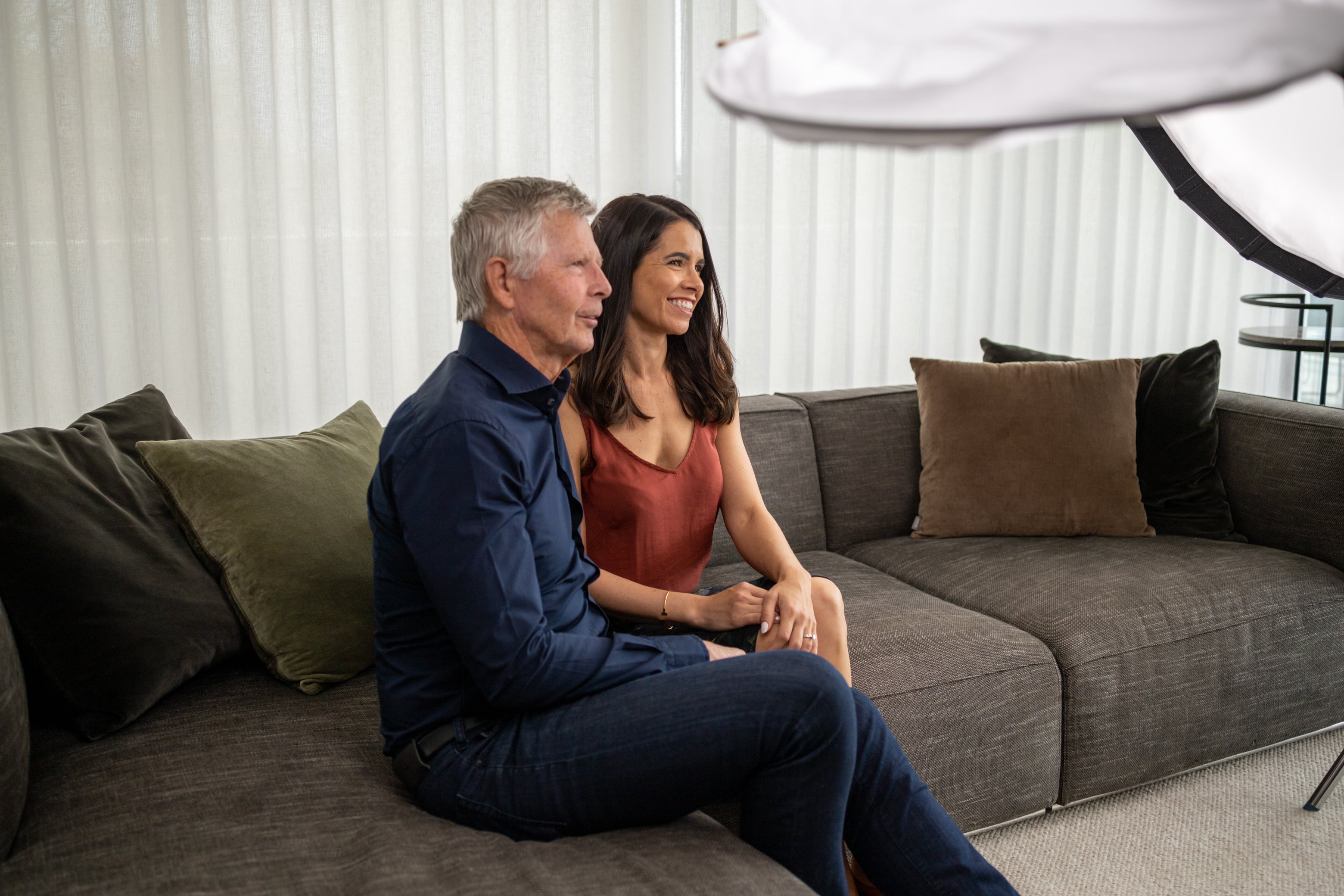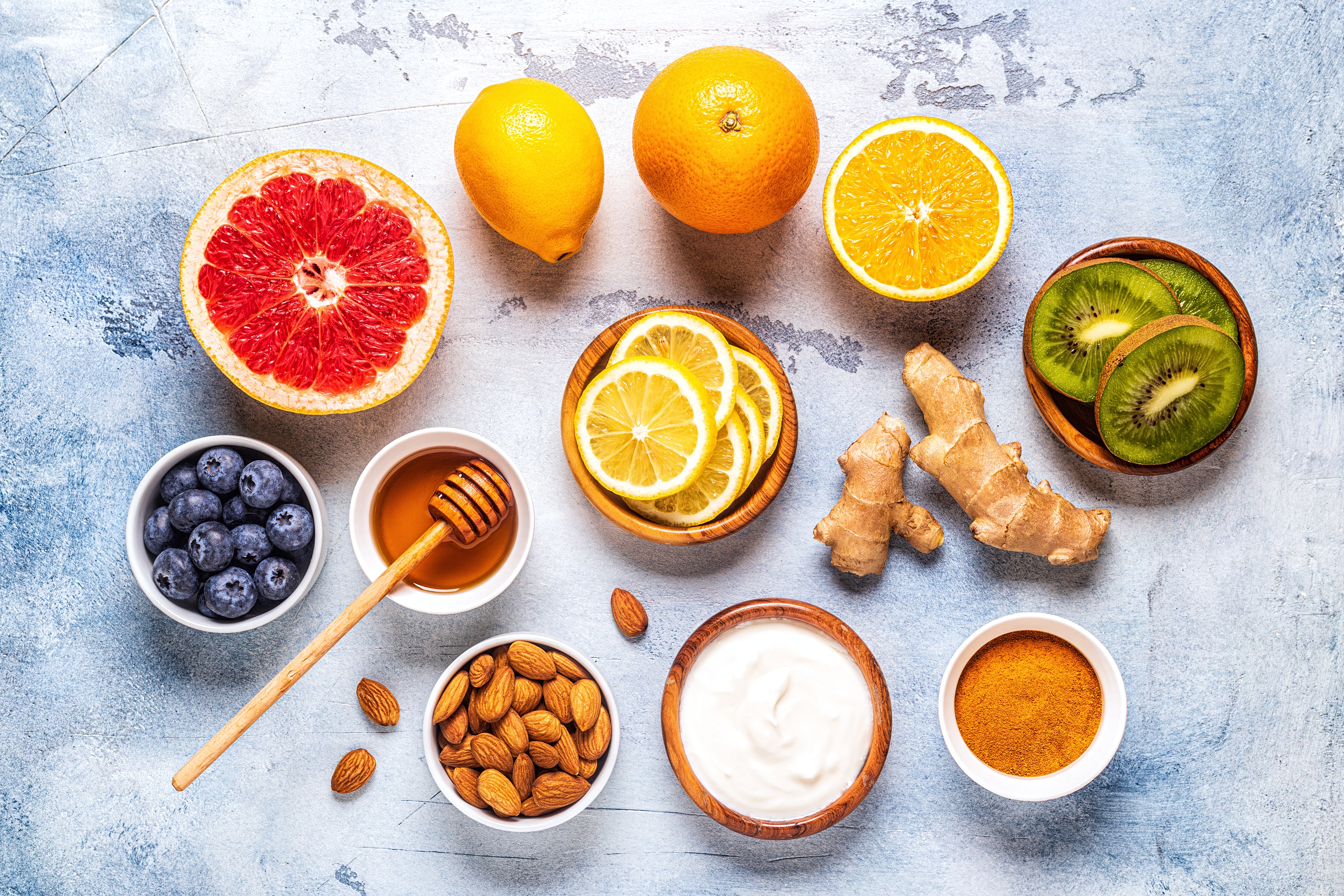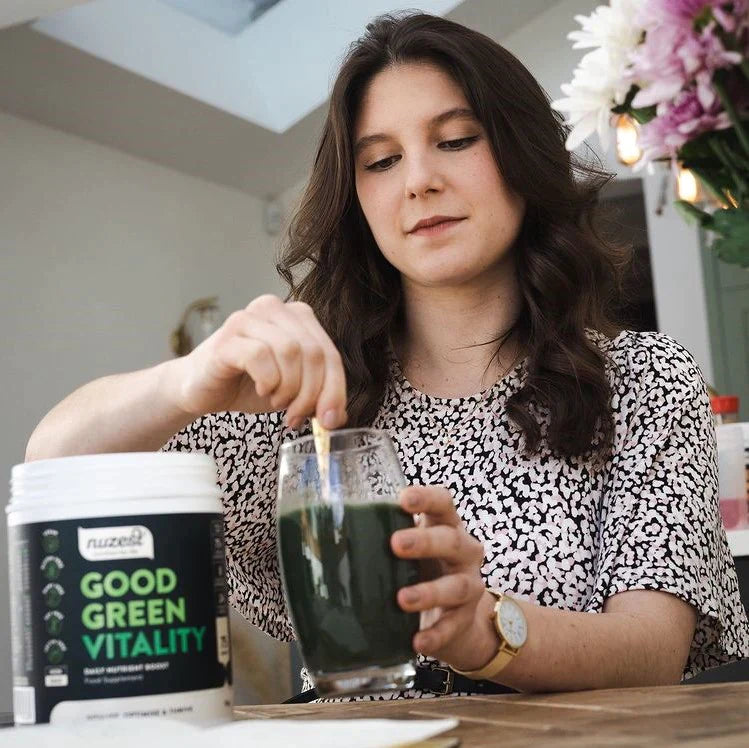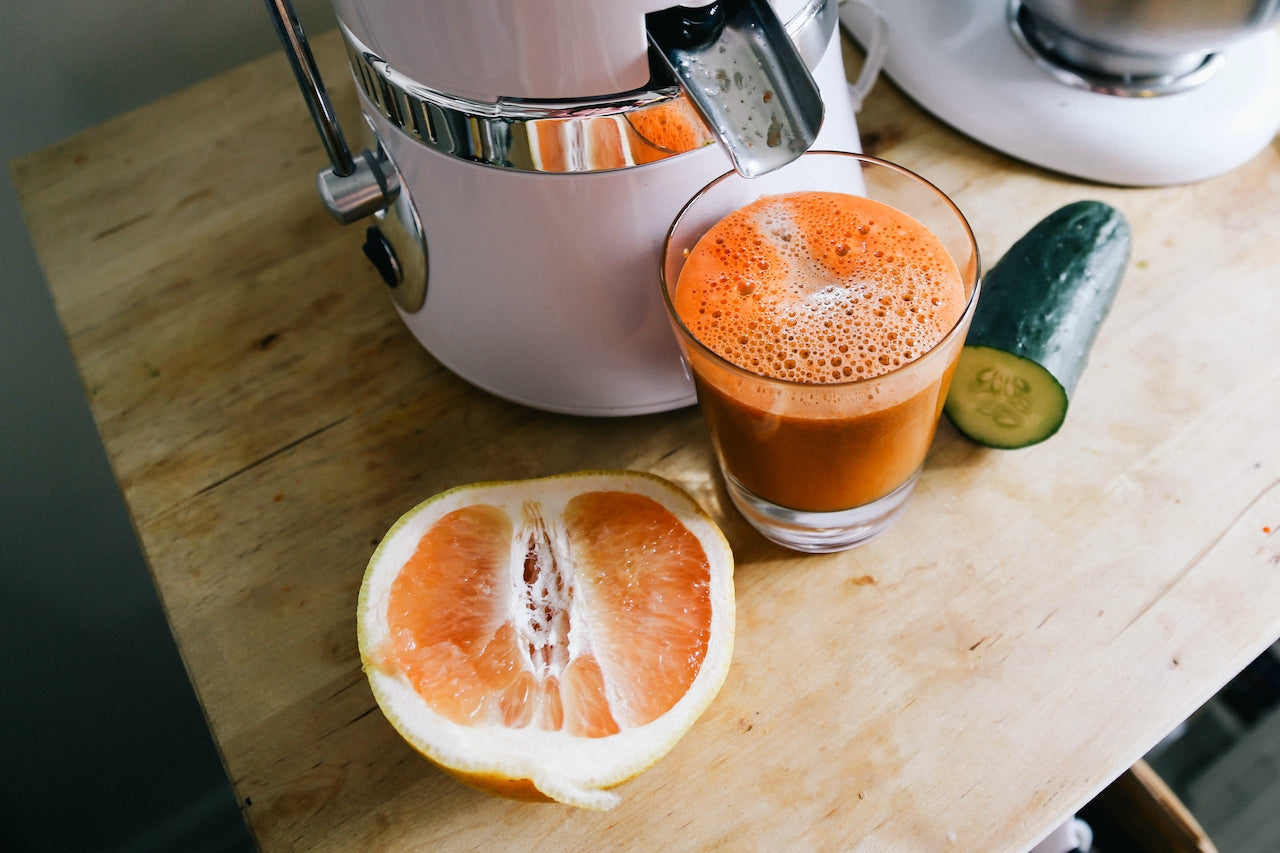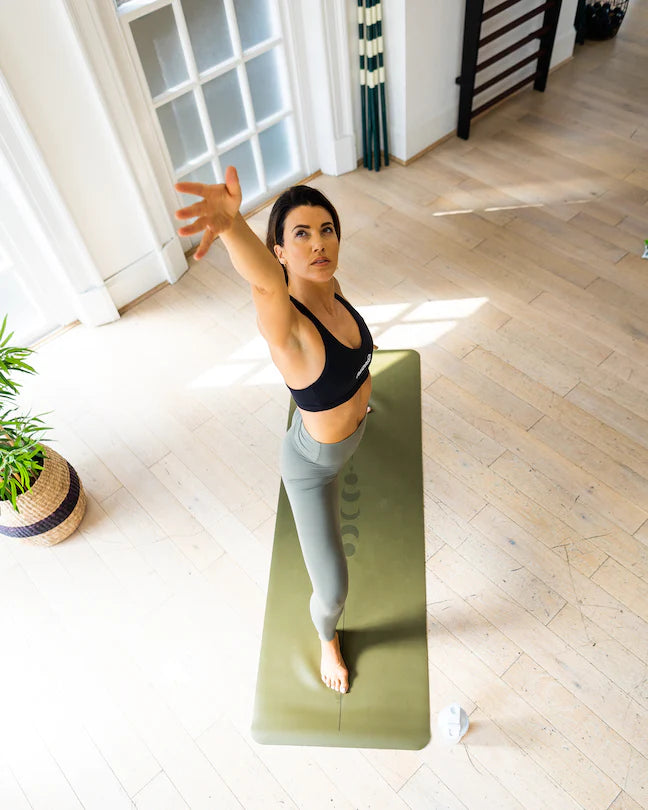Protein supplements are seen by many as the sole domain of pumped-up bodybuilders and strength athletes. And while protein is extremely important to build and repair muscle, it’s equally important for general health, especially as we get older. Have you ever asked yourself if you are really getting enough protein for healthy aging?
What’s Protein?
Protein is made up of amino acids. These little guys are the building blocks of nearly every cell and tissue in the human body, including muscles, organs, and many chemical messengers necessary for us to think, feel, and perform at our very best.
Here are a few key benefits of protein supplementation as we age:
-
Helps us retain muscle
As we age, we typically lose muscle (and gain fat!). Increased protein helps us to retain muscle, and lose more fat.1-4
-
Improved cardiovascular (heart and circulation) health
Increased protein can reduce blood pressure, improve blood lipids, and reduce fat stores.5, 6
-
Improved bone health
As we get older, our bones can become more brittle and less dense. Higher protein diets have been shown to reduce this bone loss and improve the strength of our bones as we age.2, 7, 8
-
Improved immunity and resistance to infections
Protein and one of the amino acids that we derive from protein, glutamine, help the body to retain immunity and reduce infection.9
How much protein do I really need as I age?
The recommended daily allowance for protein is 0.8 g per kilogram of bodyweight per day. This isn’t considered enough to provide a full range of health benefits as we age though. It’s been suggested that at least 1 g of protein per kg of bodyweight is necessary to reduce muscle and bone loss as we age.
The following tips have been suggested for healthy aging:
- Consume 25-30 grams of protein at breakfast, lunch, and dinner. (E.g. 150 g of chicken, fish, or meat, or 1-1 ½ servings of Clean Lean Protein)10
- Have a protein drink or smoothie with at least 20 g of protein (1 serving of Clean Lean Protein) after exercise.
- Use protein smoothies (E.g. Clean Lean Protein, berries, kale or spinach, nut butter, milk or substitute of your choice) as an easy, convenient, protein-rich meal.
- Adequate protein intake is essential for people of all ages to ensure that we are meeting our nutritional needs and adequately fueling our bodies. This is especially true as we age, so make sure to each a protein-rich diet for your health today and tomorrow.
References
- Pasiakos SM, McLellan TM, Lieberman HR. The Effects of Protein Supplements on Muscle Mass, Strength, and Aerobic and Anaerobic Power in Healthy Adults: A Systematic Review. Sports Medicine. 2015;45(1):111-31.
- Genaro PdS, Martini LA. Effect of protein intake on bone and muscle mass in the elderly. Nutrition reviews. 2010;68(10):616-23.
- Kim JE, O’Connor LE, Sands LP, Slebodnik MB, Campbell WW. Effects of dietary protein intake on body composition changes after weight loss in older adults: a systematic review and meta-analysis. Nutrition reviews. 2016;74(3):210-24.
- Kim JE, Sands L, Slebodnik M, O’Connor L, Campbell W. Effects of high-protein weight loss diets on fat-free mass changes in older adults: a systematic review (371.5). The FASEB Journal. 2014;28(1 Supplement).
- Altorf – van der Kuil W, Engberink MF, Brink EJ, van Baak MA, Bakker SJL, Navis G, et al. Dietary Protein and Blood Pressure: A Systematic Review. PloS one. 2010;5(8):e12102.
- Santesso N, Akl EA, Bianchi M, Mente A, Mustafa R, Heels-Ansdell D, et al. Effects of higher- versus lower-protein diets on health outcomes: a systematic review and meta-analysis. Eur J Clin Nutr. 2012;66(7):780-8.
- Hannan MT, Tucker KL, Dawson-Hughes B, Cupples LA, Felson DT, Kiel DP. Effect of dietary protein on bone loss in elderly men and women: the Framingham Osteoporosis Study. Journal Of Bone And Mineral Research: The Official Journal Of The American Society For Bone And Mineral Research. 2000;15(12):2504-12.
- Bell J, Whiting SJ. Elderly women need dietary protein to maintain bone mass. Nutrition reviews. 2002;60(10 Pt 1):337-41.
- Lesourd BM, Mazari L. Immune responses during recovery from protein-energy malnutrition. Clinical Nutrition. 1997;16, Supplement 1:37-46.
- Bosaeus I, Rothenberg E. Nutrition and physical activity for the prevention and treatment of age-related sarcopenia. The Proceedings Of The Nutrition Society. 2016;75(2):174-80.


